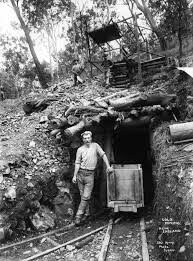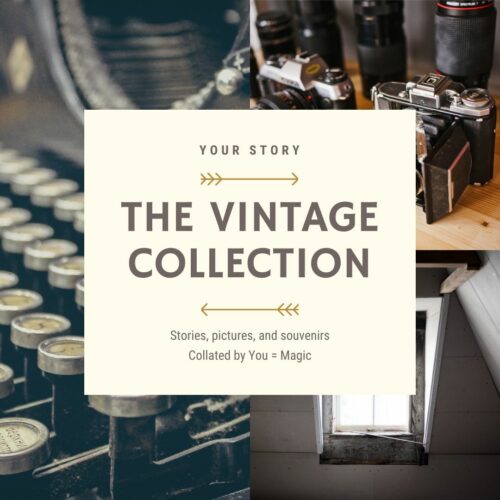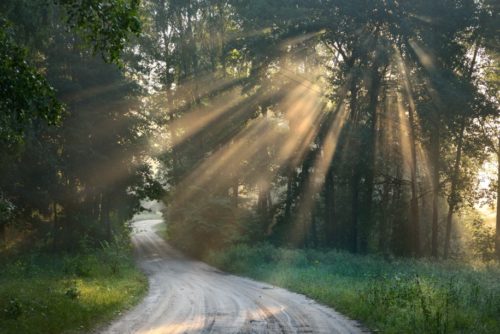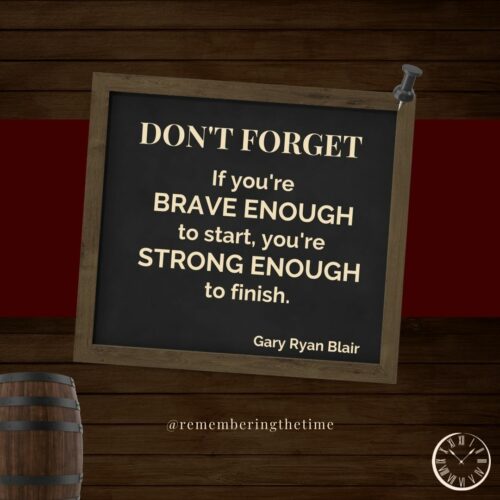
A year ago I wrote about priceless possessions. The world has revolved 365 more times and so much has changed. Some things, however, never change, like the power of sharing our stories. So I want to revisit the life-changing importance of saving memories.
Back in 1905, the discovery of an enormous 1.33-pound rough diamond made for impressive news. It started out as just a rock in a pile of dirt. Today, select cut gems from this behemoth are displayed in the Tower of London in a place of honor on the Royal Scepter and the Imperial State Crown. All because someone had vision. A tremendous amount of effort and expense is invested in protecting these treasures. However, if you’ve lived for any length of time on this planet you know that objects can be lost, stolen, or destroyed.
Memories too can be lost and can’t be recovered like a piece of stolen artwork or jewelry. Perhaps, like me, you’ve experienced the sad reality that those who could tell you the stories behind those old black and white photos in the ornate photo albums, who could connect the dots in your family’s history, or relate their eye-witness take on world events they’ve experienced, are long gone.
No one thought to not just ask for the story, but to write it down. The photos are still here, but the story is gone. We’re left guessing at missing pieces, trying to put the puzzle together and understand the big picture.
The truth I wrote last year still holds, “Memories are yours, to replay, to cherish, to share…they are the only thing that is uniquely yours.” Your memories are your precious treasure.
None of us know when we might be robbed of the ability to share them with those we love, through a variety of
events outside our control.
What If…this was the year you mined those raw gems of memory and family story? What if… you brushed off the debris, shone a beautiful, warm light on it to bring out the colors, and polished it just so to gleam in a place of honor as the treasure it rightly is?
What if…you made a commitment to treat those memories with the care and honor you might give to your most priceless physical possession? Does thinking about your memories this way give you clarity and purpose?
Next year, next decade, 100 years in the future, will those unmet generations be able to sit down and read a keepsake treasure about your life, the experiences you’ve longed to share, the history you witnessed, or the beauty and knowledge you’d impart if only they could be right here with you?
Back to the shiny rock. That diamond, like most precious things, was shaped and polished to bring out its beauty. So too with your story, your memories.
Do you see only a raw, grubby little ordinary rock?
Oh, my friends, I don’t!
I see what it can truly become and I want you to have the joy of experiencing that treasure for yourself.
While it’s true that only you have the raw material of memories, once they’re mined, there are many tools to help polish the beauty, remove the dross, and reveal the priceless keepsake hiding within.
Your story will be more intensely relevant and interesting to your family than any shiny rock, I promise you!
Contact me today for a free consult to find out how this experienced memory miner can help you begin your story mining journey. Let’s make sure your real family treasures, your stories, will be unearthed and polished so that they can be shared and honored as they deserve.
Karen





